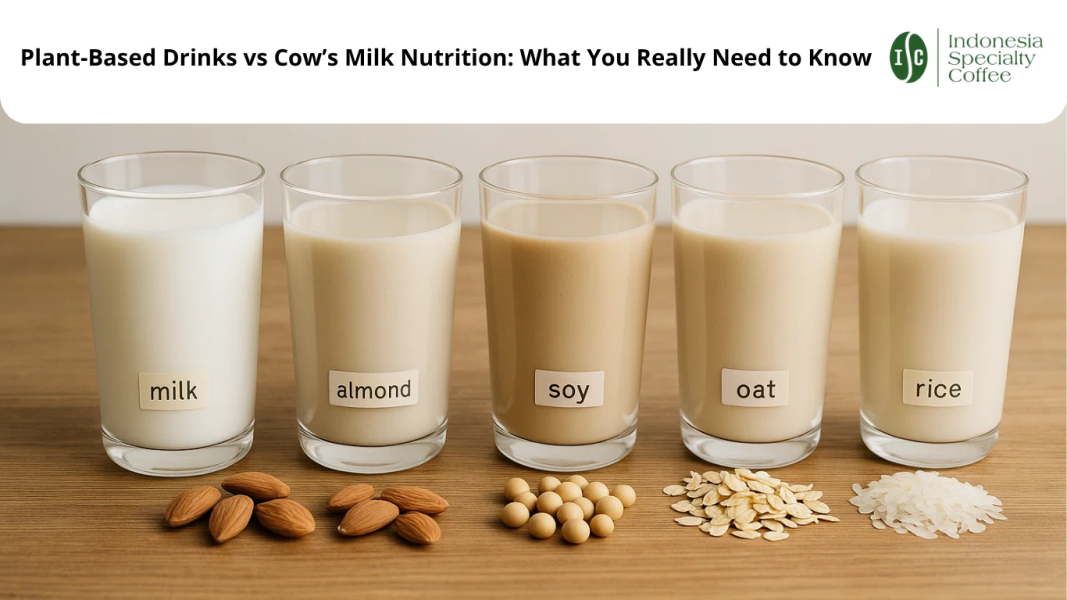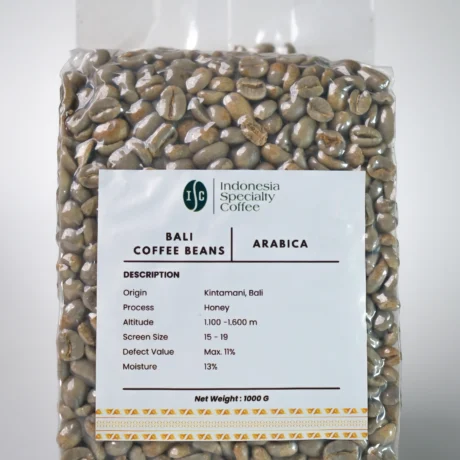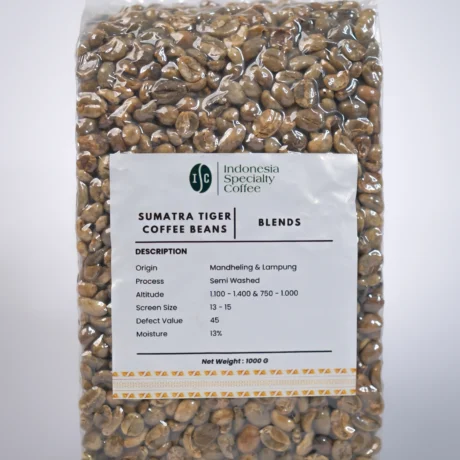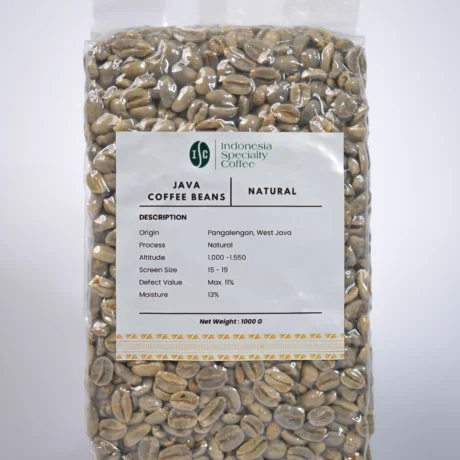Are Plant-Based Drinks as Nutritious as Cow’s Milk?
I used to think almond milk was a perfect substitute for dairy. It tasted good in my coffee, came in eco-friendly cartons, and had that healthy, plant-powered vibe. But one morning, I asked myself: what’s the real story behind plant-based drinks vs cow’s milk nutrition?
In this article, we’ll break down exactly how plant-based drinks stack up against traditional dairy. Whether you’re choosing for health, ethics, or flavor, you deserve the full picture.
Understanding Plant-Based Drinks vs Cow’s Milk Nutrition
Milk isn’t just white liquid—it’s a nutrient powerhouse. On the other hand, not all plant-based drinks are created equal. When we talk about plant-based drinks vs cow’s milk nutrition, it’s critical to look beyond packaging claims and examine the facts.
A Swiss study analyzed 27 popular plant-based drinks (almond, soy, oat, rice, and more) compared to cow’s milk. The results? Most plant-based alternatives fell short in multiple key areas—especially protein content, amino acid profile, and vitamin density.
Protein Showdown – Why Milk Still Dominates
Let’s start with protein. Cow’s milk contains about 3.3% high-quality protein, packed with essential amino acids like lysine and methionine. This makes it ideal for muscle repair, bone growth, and satiety.
Now, compare that to plant-based options:
- Almond, rice, oat, and coconut drinks: often less than 1% protein
- Only soy milk reached over 3% protein, making it the only true contender in the plant-based drinks vs cow’s milk nutrition debate on this front
In terms of protein quality, milk had a Digestible Indispensable Amino Acid Score (DIAAS) above 100%—a gold standard. Soy was second-best, but the rest didn’t even come close.
Fats and Carbs – Are Plant-Based Drinks Healthier?
Another hot topic in the plant-based drinks vs cow’s milk nutrition discussion is fat content. Cow’s milk contains medium-chain fats that support metabolism. Plant drinks, especially oat and rice, often rely on added oils like sunflower—pushing omega-6 levels too high and omega-3s too low.
Carbs tell a similar story:
- Cow’s milk has natural lactose—a low-GI sugar
- Oat and rice drinks often include added sugars and starch
- Almond milk appears light, but some brands sneak in sweeteners
So, while plant-based drinks may seem “lighter,” many hide more refined carbs and fats than you might expect.
Vitamins and Minerals – Fortified ≠ Natural
When looking at plant-based drinks vs cow’s milk nutrition, you have to consider micronutrients. Cow’s milk naturally contains:
- Calcium
- Vitamin B12
- Iodine
- Vitamin A
- Riboflavin (B2)
Most plant-based drinks try to catch up by fortifying with synthetic vitamins. But that doesn’t always guarantee absorption or bioavailability. For instance:
- Many almond or oat drinks contain less than 10% of the daily recommended intake of key vitamins
- Fortified drinks still had less iodine and vitamin B12 than milk
While soy milk fared best, it still needed fortification to compete.
Additives, Contaminants, and Residues
Did you know that some plant-based drinks contain glyphosate or arsenic traces? It’s especially common in rice-based products. In contrast, cow’s milk tested free of these contaminants.
Plus, most plant-based drinks include:
- Emulsifiers
- Thickeners
- Flavorings
These ingredients help mimic the creaminess of milk—but don’t add nutritional value.
When Should You Choose Plant-Based Over Dairy?
There are legit reasons to prefer plant-based:
- Lactose intolerance? Go for fortified soy or almond milk.
- Vegan or plant-based diet? Just be cautious about missing nutrients.
- Environmental concern? Plant-based options often win on carbon footprint.
But from a plant-based drinks vs cow’s milk nutrition standpoint, milk is still more nutrient-dense per calorie and volume.
Need to store either option properly? Read this coffee bean storage guide—it applies to milk alternatives too.
How to Choose Smarter, Whether You’re Team Plant or Dairy
Here’s what to look for on labels:
- Protein ≥ 3g per 100ml (like soy)
- Fortified with B12, D, and calcium
- Low added sugars (avoid anything with >5g sugar/100ml)
- Short ingredient list
Want to learn more about optimizing your daily coffee or milk habits? Check out Perfect Coffee Measurements or The Art of French Press Coffee Ratio.
The Bottom Line on Plant-Based Drinks vs Cow’s Milk Nutrition
Plant-based drinks have their place—but they’re not always nutritional equals to milk. When you compare plant-based drinks vs cow’s milk nutrition, dairy still reigns supreme for protein, essential vitamins, and mineral density.
That doesn’t mean you have to give up your favorite almond milk latte. Just be intentional. Choose fortified, high-protein plant options, and make sure your overall diet compensates for any missing nutrients.
Still confused? Ask yourself: Am I choosing this for taste, ethics, or health—and what does my body truly need?
Source : Comparison of nutritional composition between plant-based drinks and cow’s milk





